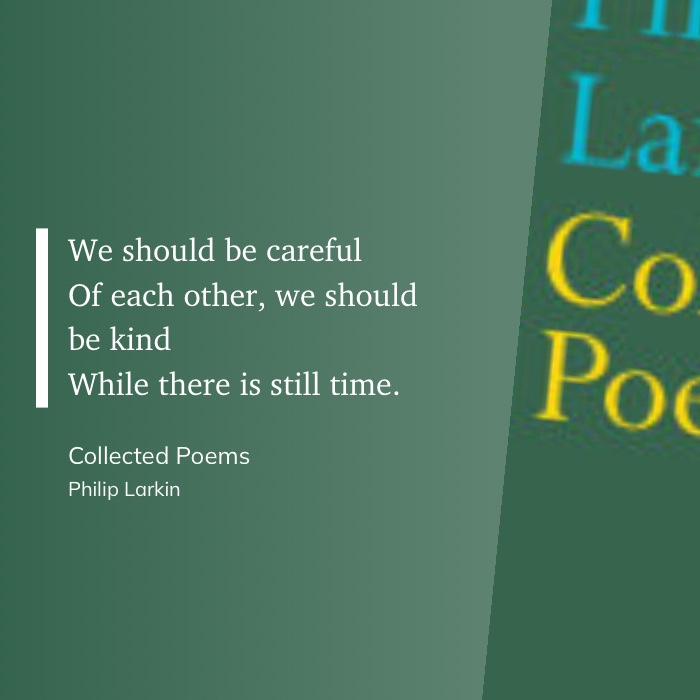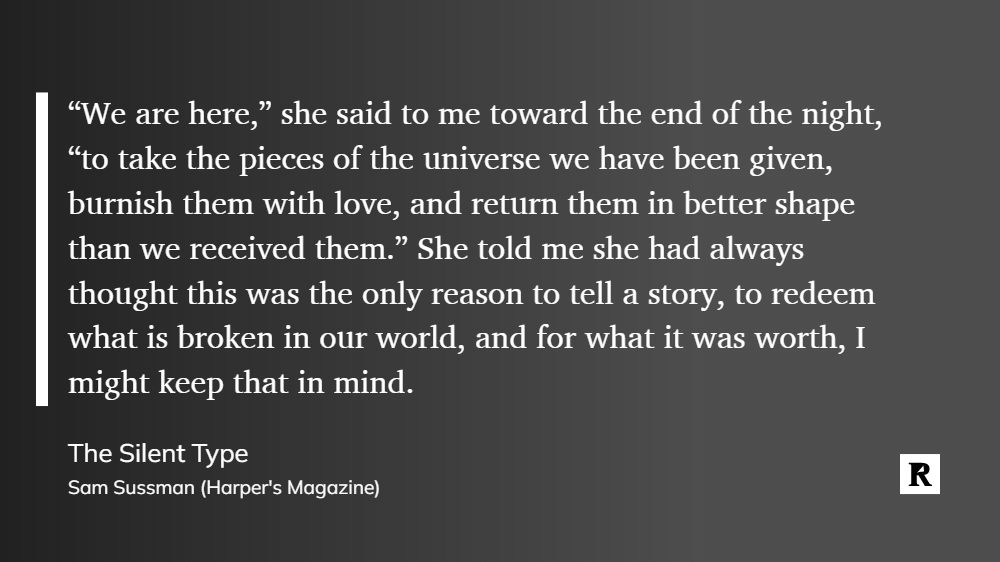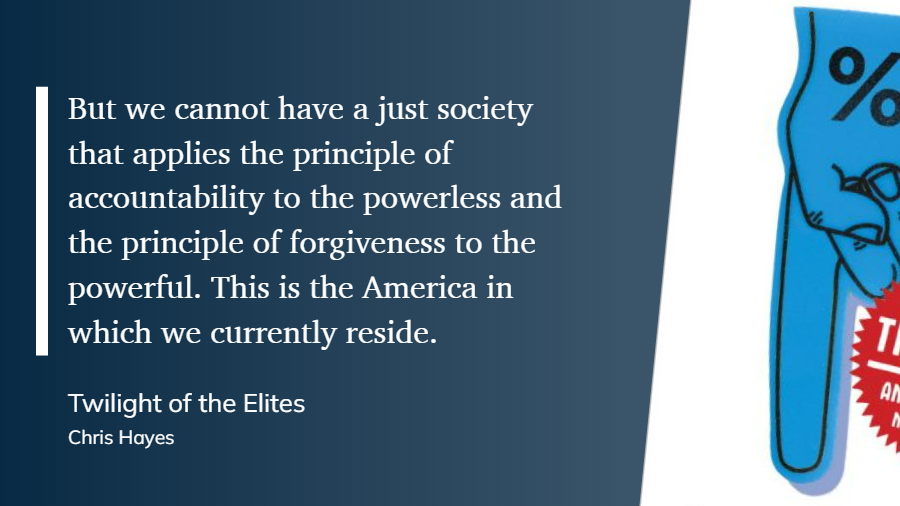Today’s Thought from my Readwise collection is from the poet Philip Larkin.

Craig Cheslog’s thoughts about politics, sports, and other stuff.
Today’s Thought from my Readwise collection is from the poet Philip Larkin.

Amazon Prime has released its first teaser trailer for A League of Their Own, a series set to premiere in August.
The series will focus on new characters and not those we met in the classic movie.
I loved the movie and having the opportunity to learn about those who played in the All-American Girls Professional Baseball League.
Dan Froomkin argues that we should be talking about the threat of nuclear war.
After all, Vladimir Putin’s invasion of Ukraine has included threats about using nuclear weapons. And it is not clear that the United States has a plan to deal with the threat. Froomkin explains:
I don’t understand why the media is virtually ignoring the threat of nuclear escalation, should Putin get desperate or angry enough to use a nuclear weapon in the Ukraine. It seems to me that we ought to be talking about it — and making absolutely sure that U.S. policy won’t make things worse.
We have to support Ukraine. But sending certain kinds of weapons creates risk, and sometimes unintended consequences.
The media so far has largely ignored these questions. We need them to help us ensure the Biden Administration has answers.
Today’s Thought from my Readwise is from Sam Sussman, who wrote about his mother in the May 2021 Harper’s magazine:

As we begin the week in which the January 6 Insurrection Hearings are to begin, I was reminded of what Chris Hayes wrote about the need for accountability for all—including the powerful:

Michael Hobbs does an outstanding job explaining how the Amber Heard-Johnny Depp trial spun out of control and led to such a horrible outcome in this guest post at Parker Malloy’s The Present Age.
If you’re surprised to learn Heard’s narrative or the scale of the evidence supporting it, that’s because it has played almost no role in the internet free-for-all that has surrounded this case for the last six weeks.
Hobbs puts the trial and the internet focus into context and explains why it led to a bad result in this case—and how it could lead to more problems in the future.
He also highlights something that stunned me when I first learned of it:
In hindsight, the verdict came down the minute the judge allowed the case to be televised. Jurors weren’t sequestered or sheltered from the internet in any way, meaning they were likely exposed to the same bad-faith memes and out-of-context clips as everyone else. Plus, this case has been swirling around the internet for years, making an impartial jury an impossibility in the first place. One man was allowed to stay in the jury pool after revealing a text from his wife that read, “Amber is psychotic.” (emphasis added)
How? How can that happen?
I hope you’ll read Hobb’s analysis of the case. It’s the best I’ve seen out there. I also hope you’ll subscribe to The Present Age, Parker Malloy does an excellent job with it.
Also, I know from personal experience how much of a negative impact false accusations can have on a person. But evidence is evidence. This trial is another example of what happens when sound judicial judgments lose out to a trial in the media and social media.
Process matters. We just have to do better.
It is remarkable we haven’t been able to engage our rich to help solve more problems given the political knowledge displayed in this conversation.
Alex Pareene offers a theory about why the police act as they do:
Having spent many years observing cop behavior, reading news about cops, and occasionally even asking them for help, I have come to a pretty simple but comprehensive answer: They do what is easy, and avoid what is difficult.
Pareene offers several examples later in his newsletter to explain why do police have multiple people arrest someone on a minor misdemeanor while ignoring challenging investigations or not trying to stop a school massacre.